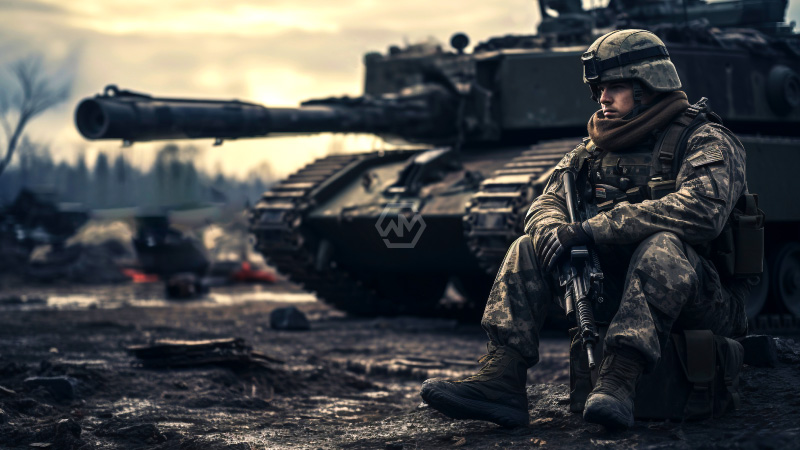- At least 12 Russian soldiers died after eating poisoned watermelons in Mariupol.
- Approximately 30 others were hospitalized due to the incident.
- Ukrainian resistance fighters reportedly orchestrated the attack.
Ukrainian resistance fighters have reportedly poisoned watermelons, leading to the deaths of at least 12 Russian soldiers and hospitalization of about 30 others in Mariupol. The fruits were provided to the troops in the occupied city, which has been a focal point of conflict and sabotage throughout the war.
The poisoned watermelon incident is part of a series of sabotage efforts by Ukrainian resistance groups. Similar attacks have previously included poisoned alcohol, with a recent case involving the poisoning of Russian soldiers in Crimea.
Resistance Tactics: Ukrainian Fighters Poison Watermelons to Strike Russian Troops
The poisoning of watermelons given to Russian soldiers in Mariupol has resulted in significant casualties, with at least 12 confirmed dead and 30 hospitalized. This incident underscores the severe conditions and the lengths to which Ukrainian resistance fighters will go to undermine the occupying forces.
Pyotr Andryushchenko, advisor to the mayor of Mariupol, described the attack as a strategic move by the resistance. Such operations are a response to the occupation, where soldiers are targeted through various means, including sabotaged food and drinks.
The recent attack is reminiscent of previous sabotage incidents, including one involving poisoned alcohol in Crimea. The resistance’s tactics reveal a pattern of unconventional warfare aimed at disrupting and weakening enemy forces.
The situation in Mariupol remains tense, with continued resistance actions reflecting the broader conflict’s volatility. This incident, along with others, illustrates the harsh realities faced by both sides in this prolonged and devastating conflict.
The poisoning of watermelons in Mariupol is a grim reminder of the brutal tactics employed in the Ukraine conflict. As resistance fighters continue to use sabotage to counter occupying forces, such incidents highlight the intense and perilous nature of the ongoing war.
Pyotr Andryushchenko’s statement about the poisoning incident reflects the broader context of resistance efforts in Mariupol. His description of the operation underscores the deliberate and tactical nature of such attacks against Russian troops.



